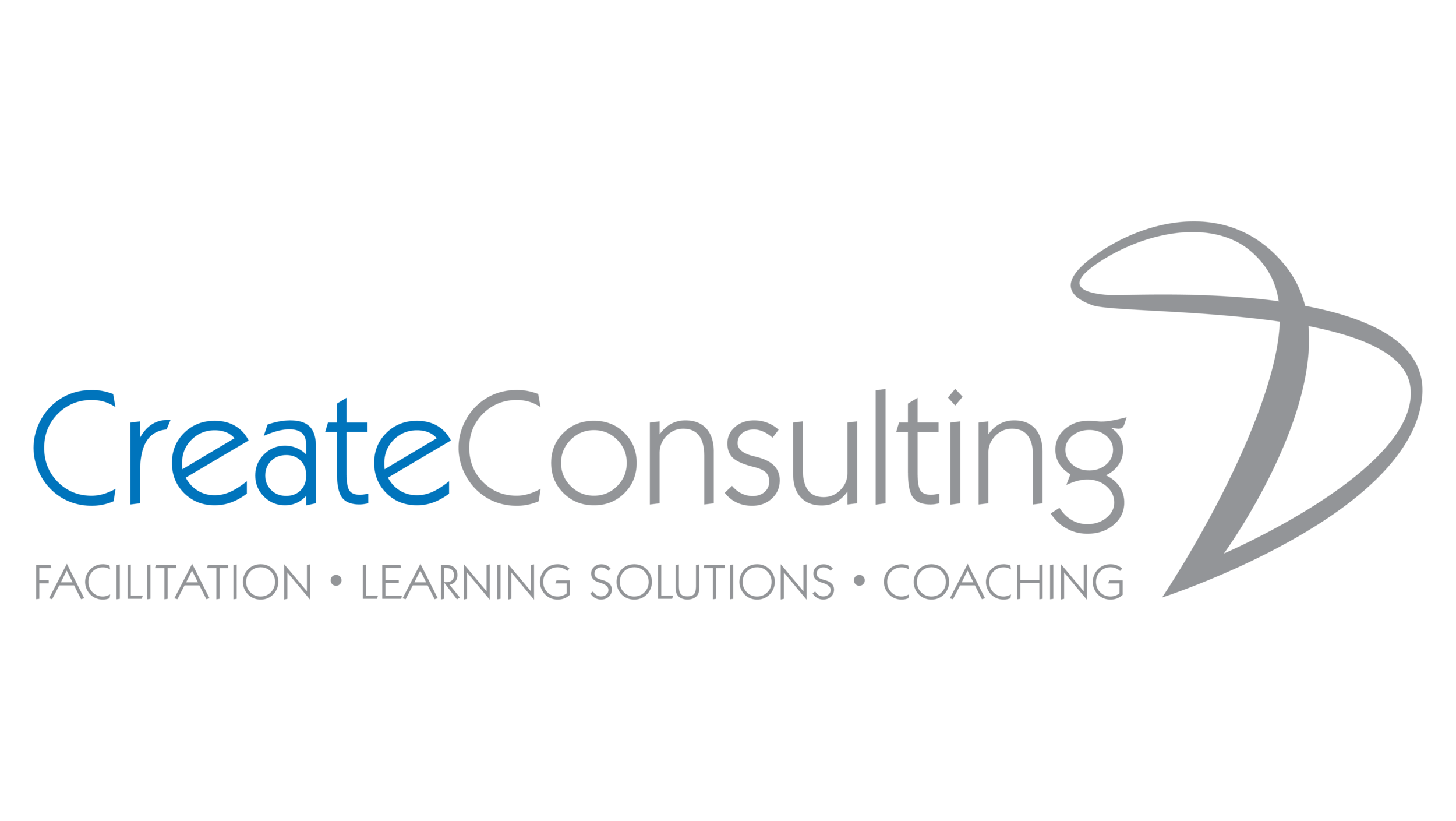Ignite your team’s best thinking through play
The Power of Play
Think of the last time you truly played - letting go of constraints and experiencing the joy of the moment. How did it feel?
This essence of play isn’t just for children but adults too. It’s about the ability to laugh and not take ourselves too seriously. The science supports this, showing how movement activates the brain's positive neurotransmitters, helping to clear away mental blocks and enhance problem-solving. When used effectively, integrating playful moments into the workplace can revitalise your team's thinking.
Why is it important to play?
Bringing play to our work isn’t just about fun; it's a vital part of stimulating creativity and innovation. Dr. Stuart Brown, a pioneer in play research, suggests that play is integral to our social, emotional and cognitive development. It can lead to reduced absenteeism, lower stress levels and an energised work environment, ultimately benefiting the business and employees alike.
In a world full of serious conversations and complex challenges, play allows us to blow off steam and cope better with stress. These playful moments of being active, laughing together and connecting, provide opportunities to clear the air and lift the team’s energy.
Who is it relevant for?
Leaders, teams and fellow facilitators can all tap into the benefits of play. To ensure that it’s effective, it’s important to make play strategically relevant. When we take time to reflect on energisers or activities and connect them to our goals or challenges, we can uncover ways to keep performance high under pressure, minimise errors and boost efficiency. Playful experiences can be particularly relevant for teams looking to break down barriers and build trust among their members.
What does it do?
Play lights up the brain, enhancing our ability to think more openly and creatively. It activates the neural pathways that improve resilience, flexibility and problem-solving. Dr. Alan Watkins, a leading physician and neuroscientist, highlights the importance of incorporating physiological elements like movement and deep breathing into our routines to enhance brain function. Such activities enrich the oxygen supply to the brain, sharpening our cognitive abilities and enabling our best thinking.
Watch this great TEDTalk on the subject, where Dr. Watkins shares the neuroscience behind how to be at our best everyday https://www.youtube.com/watch?v=q06YIWCR2Js
How we do it
At CreateConsulting, we believe in purposeful play. Whether it's building a bridge out of spaghetti or unraveling a ball of wool, we ensure that each playful activity or energiser has a clear debriefing session.
This 'So What, Now What' approach helps teams reflect on their experiences, draw parallels to workplace dynamics and create actionable insights for improved collaboration and effectiveness.
We facilitate this conversation by asking key questions: What unfolded and what did you observe? What patterns emerged and what was the process? What is the significance of these outcomes in our work setting? And moving forward, what actions should we take and what lessons can we draw as a team?
Through leveraging Whole BrainⓇ Thinking, we infuse our workshops with activities that lighten the atmosphere, engage different parts of the brain, use movement and spark laughter to release positive neurotransmitters like dopamine.
Stay tuned for our social media post where we will be sharing a great team activity with the guidelines on how to run it.

